Beavers to be reintroduced in west London
- Published
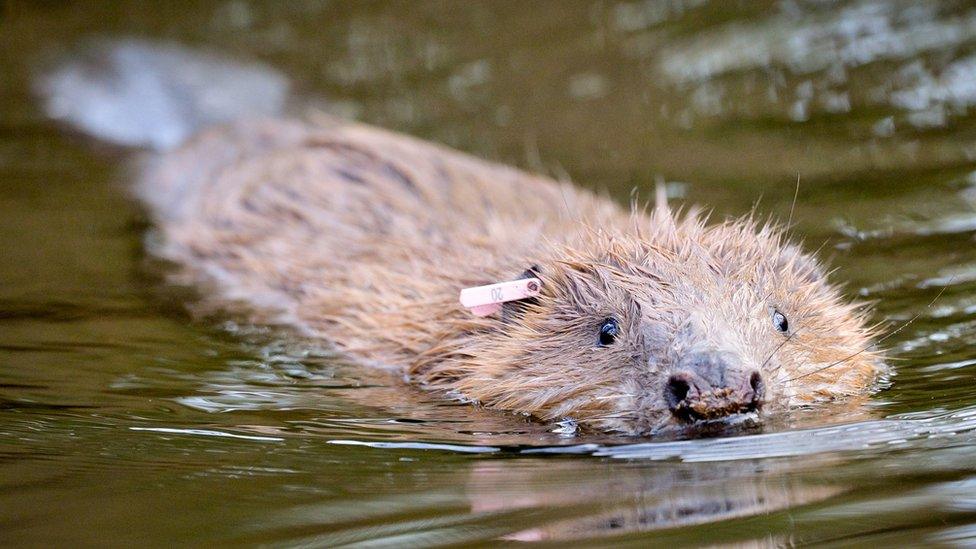
Beavers are gradually being reintroduced in parts of the UK
Beavers are to be reintroduced to west London for the first time in 400 years in a bid to tackle climate change.
Conservation groups have received almost £40,000 from the mayor of London to create a home for two Eurasian beavers at Paradise Fields in Ealing.
It is hoped the planned wetland will help promote a biodiverse ecosystem.
The Ealing Wildlife Group said it expected a breeding pair of beavers could arrive as soon as autumn this year.
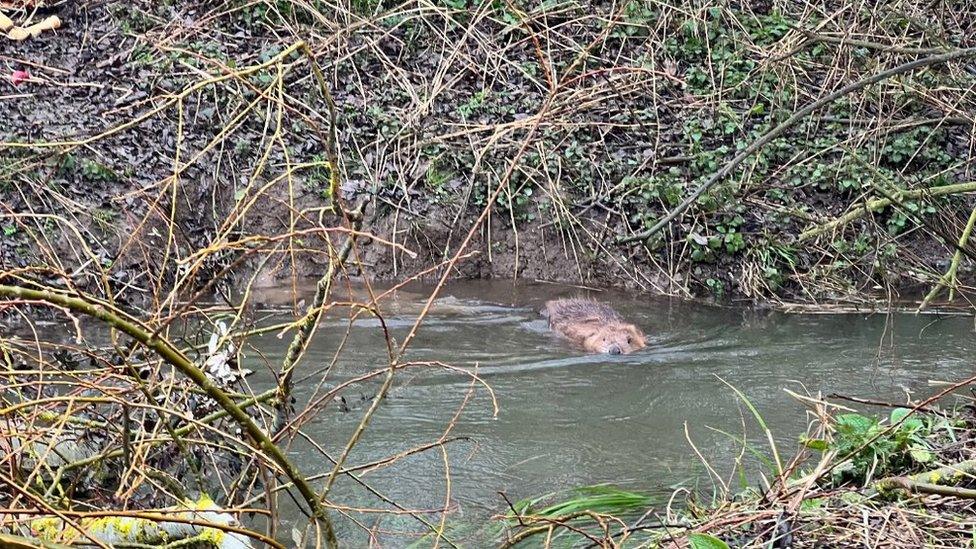
Up to a dozen beavers could be released at Paradise Fields
Beavers were once found throughout Britain, but the animals were hunted to extinction in the 16th Century for their fur, glands and meat.
Last year two beavers, named Justin and Sigourney Beaver, were introduced to a farm in north London, but one of them died before the pair could breed.
The Ealing project is among 21 others across the capital which are helping to bring animals such as bats and bees to the city.
In total, it is hoped about 116 hectares (286 acres) of priority habitat will be restored or created, the equivalent of five St James's Parks.
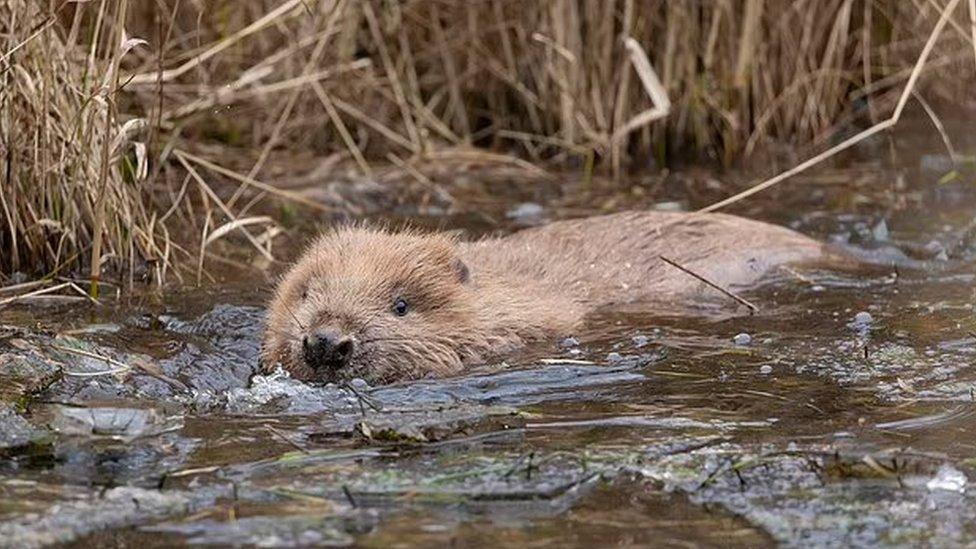
A pair of beavers were released in Enfield last year
Some £850,000 has been pledged for the 22 schemes across the capital, while City Hall has announced an extra £1m of funding for new rewilding projects.
Areas that could be rewilded include Ruislip Woods in west London, Enfield Chase in north London and Thames Marshes in Bexley.
Mayor of London Sadiq Khan said: "Despite the harm inflicted on the natural world, we have the power to make amends, and I am committed to ensuring that London is at the vanguard of efforts to reverse the trends of declining biodiversity and the destruction of nature.
"Rewilding allows nature to take the lead and is an exciting way to create healthier ecosystems and allow humans and wildlife to live together more harmoniously."

Follow BBC London on Facebook, external, Twitter , externaland Instagram, external. Send your story ideas to hellobbclondon@bbc.co.uk, external
- Published5 February 2023
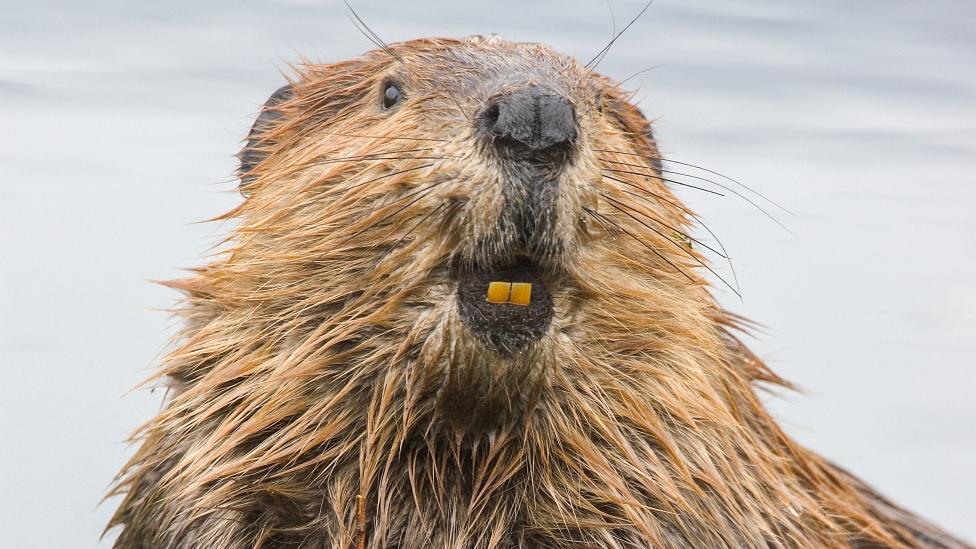
- Published21 July 2022
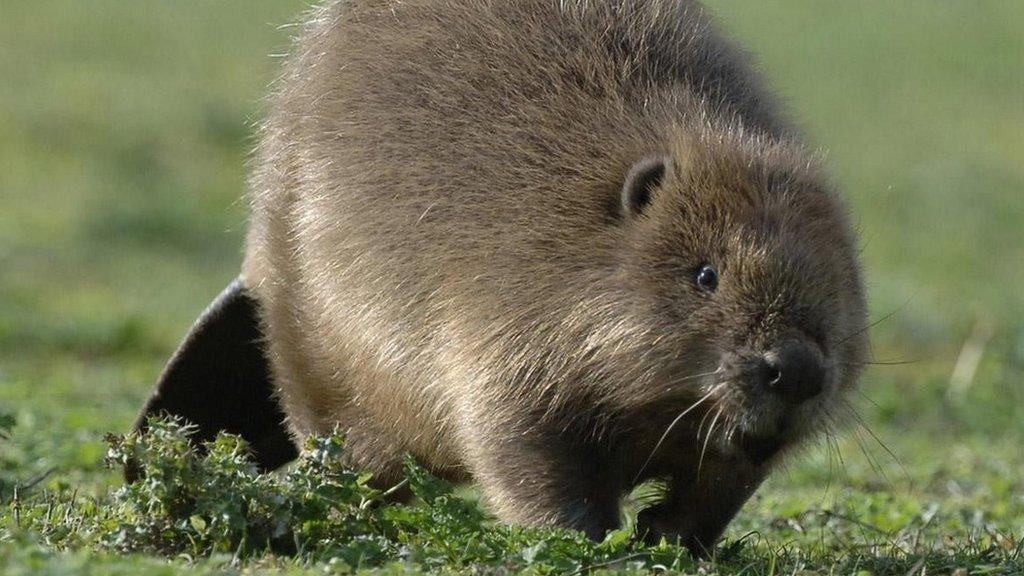
- Published17 March 2022
